Can You Save Popcorn For Later? Yes, you can save popcorn for later by storing it properly in an airtight container like a resealable bag or a food storage container at room temperature to maintain its crispness and prevent it from becoming stale. SaveWhere.net provides insights into effective storage methods and financial planning. With the right approach, you can prevent food waste and make the most of your snacks. Learn about meal prepping, budget-friendly snacks, and food preservation techniques for long-term storage.
1. Understanding Popcorn: From Kernel to Snack
Popcorn is a beloved snack enjoyed by millions, but understanding its composition and preparation is key to knowing how to properly store it. What makes popcorn pop, and how does this affect its shelf life?
1.1. The Science of Popcorn
The magic of popcorn lies in its unique kernel structure. Each kernel contains a small amount of moisture surrounded by a hard, starchy endosperm. When heated, this moisture turns into steam, building pressure until the kernel explodes, creating the fluffy treat we all love. According to a study by Kansas State University, the ideal moisture content for popcorn kernels is around 14%. This level ensures maximum popping efficiency and optimal flavor.
1.2. Different Types of Popcorn
There are two main types of popcorn: butterfly (or snowflake) and mushroom. Butterfly popcorn has irregular shapes with “wings,” making it ideal for movie theaters because it catches butter and seasonings well. Mushroom popcorn, on the other hand, is round and compact, perfect for candy coatings and caramel corn because it doesn’t break easily. The type of popcorn you choose can influence its texture and how well it stores.
1.3. Preparation Methods Matter
How you prepare your popcorn also affects its ability to be stored. Air-popped popcorn tends to stay crisper longer than popcorn popped with oil. Oil-popped popcorn can become soggy more quickly due to the added fat. Additionally, toppings like butter, caramel, or cheese can introduce moisture, shortening the storage life of your popcorn.
2. The Enemy of Crispy Popcorn: Moisture
Moisture is the biggest threat to popcorn’s texture and flavor. Understanding how moisture affects popcorn is crucial for effective storage.
2.1. Why Does Popcorn Get Stale?
Popcorn becomes stale when it absorbs moisture from the air. The once-crisp kernels turn soft and lose their enjoyable texture. This is because the starch in popcorn is hygroscopic, meaning it readily absorbs water molecules. According to the Institute of Food Technologists, controlling moisture is essential for maintaining the quality of snack foods like popcorn.
2.2. Environmental Factors
The environment in which you store your popcorn plays a significant role in how long it stays fresh. High humidity levels can quickly turn your popcorn stale. In drier climates, popcorn tends to last longer. Consider the location of your storage: avoid damp basements or areas near the stove where steam is produced.
2.3. The Impact of Toppings
Toppings can accelerate the staling process. Butter and oil introduce fats that can become rancid over time, while sugary coatings can attract moisture. If you plan to add toppings, do so right before serving to minimize their impact on storage life.
3. Best Practices for Storing Popcorn
To keep your popcorn tasting its best, follow these storage tips. Properly stored popcorn can be a delightful snack, even days after popping.
3.1. The Right Containers
The type of container you use is critical. Airtight containers are your best bet for preventing moisture from seeping in.
- Airtight Containers: These are ideal for keeping popcorn crisp. Look for containers with a rubber seal to ensure a tight closure.
- Resealable Bags: If you don’t have airtight containers, resealable plastic bags are a good alternative. Make sure to squeeze out as much air as possible before sealing.
- Glass Jars: Glass jars with tight-fitting lids can also work well. They are particularly useful for storing larger quantities of popcorn.
3.2. Optimal Storage Conditions
Where you store your popcorn is just as important as how you store it.
- Room Temperature: Store popcorn at room temperature, ideally in a cool, dry place. Avoid direct sunlight, which can degrade the quality of the popcorn.
- Avoid Humidity: Keep popcorn away from humid environments like bathrooms or laundry rooms.
- No Refrigeration: Do not refrigerate popcorn. Refrigeration can introduce moisture and make the popcorn stale faster.
3.3. Steps for Storing Popcorn Properly
Follow these steps to ensure your popcorn stays fresh:
- Let it Cool: Allow the popcorn to cool completely before storing it. Warm popcorn can create condensation inside the container.
- Remove Debris: Get rid of any unpopped kernels or large pieces of seasoning that might add unwanted moisture.
- Seal Tightly: Place the cooled popcorn in your airtight container or resealable bag, squeezing out any excess air.
- Label and Date: Label the container with the date you stored the popcorn so you can keep track of its freshness.
- Store Properly: Store the container in a cool, dry place away from direct sunlight and humidity.
4. Reviving Stale Popcorn: Methods and Tips
Sometimes, despite your best efforts, popcorn can still lose its crispness. Here are some ways to bring it back to life.
4.1. Using the Oven
The oven can be a great tool for reheating and crisping up stale popcorn.
- Preheat: Preheat your oven to 300°F (150°C).
- Spread: Spread the popcorn in a single layer on a baking sheet.
- Bake: Place the baking sheet in the oven for about 5-10 minutes.
- Check: Keep a close eye on the popcorn to prevent it from burning.
- Cool: Remove from the oven and let it cool slightly before serving.
4.2. Microwave Magic
The microwave can quickly revive stale popcorn, but it’s important to use it carefully.
- Paper Towel: Place the popcorn in a microwave-safe bowl and cover it with a dry paper towel.
- Microwave: Microwave on high for 15-30 seconds.
- Check: Check the popcorn and repeat in short intervals until it’s warmed through and slightly crisp.
- Serve: Serve immediately, as microwaved popcorn can quickly become stale again.
4.3. Stovetop Refresh
For small batches, the stovetop can be an effective way to revive popcorn.
- Skillet: Heat a dry skillet over medium heat.
- Add Popcorn: Add the stale popcorn to the skillet in a single layer.
- Toss: Toss the popcorn continuously for 2-3 minutes until it’s heated through and slightly crisp.
- Serve: Remove from the skillet and serve immediately.
4.4. Tips for Best Results
- Don’t Overheat: Overheating can cause the popcorn to burn or become tough.
- Use a Dry Method: Avoid adding any extra oil or butter when reviving popcorn, as this can make it soggy.
- Serve Immediately: Revived popcorn is best enjoyed right away, as it can quickly lose its crispness again.
5. How Long Does Popcorn Last?
Understanding the shelf life of popcorn can help you plan your snacking and prevent waste.
5.1. Unpopped Kernels
Unpopped popcorn kernels can last for a very long time if stored properly.
- Shelf Life: Unpopped kernels can remain viable for several years if stored in a cool, dry place.
- Storage Tips: Store unpopped kernels in an airtight container away from moisture and heat.
- Testing Viability: To test if your kernels are still good, pop a small batch. If they pop well, the rest should be fine.
5.2. Popped Popcorn
The shelf life of popped popcorn is shorter than that of unpopped kernels.
- Homemade Popcorn: Homemade popcorn typically lasts for 1-2 days if stored properly in an airtight container.
- Store-Bought Popcorn: Store-bought popcorn, especially pre-packaged varieties, may contain preservatives that extend its shelf life to a week or more. Check the expiration date on the package.
- Factors Affecting Shelf Life: The presence of toppings, humidity, and the type of container used can all affect how long popped popcorn stays fresh.
5.3. Signs of Spoiled Popcorn
Knowing when to discard popcorn is important for food safety.
- Stale Texture: If the popcorn is soft and lacks its characteristic crispness, it’s likely stale.
- Off Odor: A rancid or unpleasant smell indicates that the oils in the popcorn have gone bad.
- Mold Growth: Any visible mold growth means the popcorn should be discarded immediately.
6. Popcorn and Your Budget: Smart Snacking
Popcorn is not only a tasty snack but also a budget-friendly option. Here’s how to make the most of popcorn while saving money.
6.1. Buying in Bulk
Purchasing popcorn kernels in bulk can significantly reduce your snacking costs.
- Cost Savings: Bulk kernels are much cheaper per serving than pre-popped popcorn or microwaveable bags.
- Storage: Store bulk kernels in a large, airtight container in a cool, dry place to maintain their quality.
- Portioning: Portion out the kernels into smaller containers for easy use and to prevent moisture from affecting the entire supply.
6.2. DIY Popcorn Seasonings
Making your own popcorn seasonings is a cost-effective and healthier alternative to store-bought options.
- Simple Recipes: Combine common spices like salt, pepper, garlic powder, onion powder, paprika, and chili powder to create your own custom blends.
- Healthier Options: Avoid artificial flavors, preservatives, and excessive sodium found in many commercial seasonings.
- Budget-Friendly: Making your own seasonings is much cheaper than buying pre-made versions.
6.3. Creative Popcorn Recipes
Explore different popcorn recipes to keep your snacking exciting and budget-friendly.
- Sweet Treats: Make caramel corn, chocolate-covered popcorn, or popcorn balls using simple ingredients.
- Savory Snacks: Try adding Parmesan cheese, herbs, or nutritional yeast for a cheesy, savory flavor.
- Mix-Ins: Combine popcorn with nuts, dried fruit, and pretzels for a homemade trail mix.
7. Health Benefits of Popcorn
Popcorn can be a healthy snack choice when prepared and consumed properly.
7.1. Whole Grain Goodness
Popcorn is a whole grain, which means it contains all three parts of the grain: the bran, germ, and endosperm. Whole grains are rich in fiber, vitamins, and minerals. According to the American Heart Association, whole grains can help reduce the risk of heart disease, stroke, and type 2 diabetes.
7.2. Fiber Content
Popcorn is a good source of dietary fiber, which is important for digestive health. Fiber helps promote regular bowel movements, prevents constipation, and can help lower cholesterol levels. A one-cup serving of air-popped popcorn contains about 1 gram of fiber.
7.3. Antioxidants
Popcorn contains antioxidants called polyphenols, which can help protect your cells from damage caused by free radicals. Polyphenols have been linked to various health benefits, including reduced inflammation and a lower risk of chronic diseases. A study published in the Journal of Agricultural and Food Chemistry found that popcorn contains higher levels of polyphenols than some fruits and vegetables.
7.4. Low in Calories
Air-popped popcorn is relatively low in calories, making it a good snack option for weight management. A one-cup serving contains only about 31 calories. However, adding butter, oil, or sugary toppings can significantly increase the calorie content.
8. Common Mistakes to Avoid When Storing Popcorn
Avoid these common pitfalls to ensure your popcorn stays fresh and delicious.
8.1. Storing Warm Popcorn
Storing popcorn before it has completely cooled can lead to condensation inside the container, making the popcorn soggy. Always allow popcorn to cool fully before storing it.
8.2. Using the Wrong Container
Using a container that is not airtight allows moisture to seep in, causing the popcorn to become stale. Invest in airtight containers or resealable bags to keep your popcorn fresh.
8.3. Storing in Humid Environments
Storing popcorn in humid areas, such as near the stove or in a damp basement, can accelerate the staling process. Choose a cool, dry place for storage.
8.4. Adding Toppings Too Early
Adding toppings like butter or caramel before storing popcorn can introduce moisture and cause it to become soggy. Add toppings right before serving to maintain the popcorn’s crispness.
8.5. Overfilling Containers
Overfilling storage containers can prevent them from sealing properly, allowing air and moisture to enter. Leave some space at the top of the container to ensure a tight seal.
9. Popcorn Around the World: Cultural Significance
Popcorn has a rich history and cultural significance around the world.
9.1. Ancient Origins
Popcorn has been around for thousands of years. Archaeological evidence suggests that popcorn was first domesticated in Mexico around 9,000 years ago. Ancient popcorn kernels have been found in caves in Peru and New Mexico.
9.2. Native American Traditions
Native Americans used popcorn for both food and ceremonial purposes. They popped it over open fires and used it in soups and stews. Popcorn was also used for decorations and religious rituals.
9.3. The Rise of Popcorn in America
Popcorn became popular in the United States in the mid-19th century. It was sold at fairs, circuses, and sporting events. The invention of the popcorn machine in the late 19th century made it easier to produce and sell popcorn on a large scale.
9.4. Popcorn at the Movies
The association of popcorn with movie theaters began in the 1930s during the Great Depression. Popcorn was an affordable treat that moviegoers could enjoy. Today, popcorn is an integral part of the movie-going experience.
9.5. Global Variations
Popcorn is enjoyed in various forms around the world. In some countries, it is flavored with spices, herbs, or savory sauces. In others, it is sweetened with sugar, honey, or caramel. Each culture has its own unique way of preparing and enjoying this versatile snack.
10. SaveWhere.net: Your Guide to Smart Snacking and Saving
SaveWhere.net is your go-to resource for tips, tricks, and strategies to save money and make the most of your budget.
10.1. Expert Financial Advice
SaveWhere.net offers expert financial advice on a variety of topics, including budgeting, saving, investing, and debt management. Our team of experienced financial professionals provides practical tips and actionable strategies to help you achieve your financial goals.
10.2. Budgeting Tools and Resources
SaveWhere.net provides a range of budgeting tools and resources to help you track your expenses, create a budget, and stay on top of your finances. Our budget templates, calculators, and guides make it easy to manage your money and identify areas where you can save.
10.3. Smart Shopping Tips
SaveWhere.net offers smart shopping tips to help you get the best deals on groceries, household items, and other essentials. We provide information on sales, discounts, coupons, and loyalty programs to help you save money on your everyday purchases.
10.4. Frugal Living Strategies
SaveWhere.net shares frugal living strategies to help you reduce your expenses and live a more sustainable lifestyle. We offer tips on meal planning, DIY projects, energy conservation, and other ways to save money without sacrificing your quality of life.
10.5. Community Support
SaveWhere.net fosters a supportive community of like-minded individuals who are passionate about saving money and achieving financial freedom. Our forums and social media channels provide a platform for sharing tips, asking questions, and connecting with others who are on the same journey.
FAQ: Frequently Asked Questions About Saving Popcorn
1. Is it OK to eat popcorn the next day?
Yes, it is generally safe to eat popcorn the next day if it has been stored properly in an airtight container. However, the texture may not be as crisp as freshly popped popcorn.
2. How do you keep popcorn fresh overnight?
To keep popcorn fresh overnight, store it in an airtight container or resealable bag at room temperature. Squeeze out any excess air before sealing the container.
3. What is the best way to store popcorn?
The best way to store popcorn is in an airtight container in a cool, dry place away from direct sunlight and humidity.
4. Can you store popcorn in the fridge?
No, it is not recommended to store popcorn in the fridge. Refrigeration can introduce moisture and cause the popcorn to become stale faster.
5. How long does popcorn last in an airtight container?
Popcorn typically lasts for 1-2 days in an airtight container if stored properly.
6. How do you revive stale popcorn?
You can revive stale popcorn by heating it in the oven at 300°F (150°C) for 5-10 minutes, microwaving it with a paper towel for 15-30 seconds, or tossing it in a dry skillet over medium heat for 2-3 minutes.
7. Can you freeze popcorn?
While you can freeze popcorn, it is not recommended as freezing can alter the texture and make it less enjoyable.
8. How can I make my popcorn taste better?
You can enhance the flavor of your popcorn by adding butter, salt, herbs, spices, cheese, caramel, chocolate, or other toppings. Experiment with different combinations to find your favorite flavor.
9. Is popcorn a healthy snack?
Air-popped popcorn is a healthy snack as it is a whole grain, low in calories, and a good source of fiber and antioxidants. However, adding excessive butter, oil, or sugary toppings can make it less healthy.
10. What are some creative popcorn recipes?
Some creative popcorn recipes include caramel corn, chocolate-covered popcorn, popcorn balls, Parmesan popcorn, and homemade trail mix with popcorn.
Saving popcorn for later is not only possible but also practical with the right storage techniques. By understanding the science behind popcorn, avoiding common storage mistakes, and utilizing resources like SaveWhere.net, you can enjoy this classic snack while saving money and reducing waste.
Ready to start saving smarter? Visit savewhere.net today to discover more tips, tricks, and exclusive deals! Connect with a community of savers and take control of your financial future. Your wallet will thank you! Address: 100 Peachtree St NW, Atlanta, GA 30303, United States. Phone: +1 (404) 656-2000.
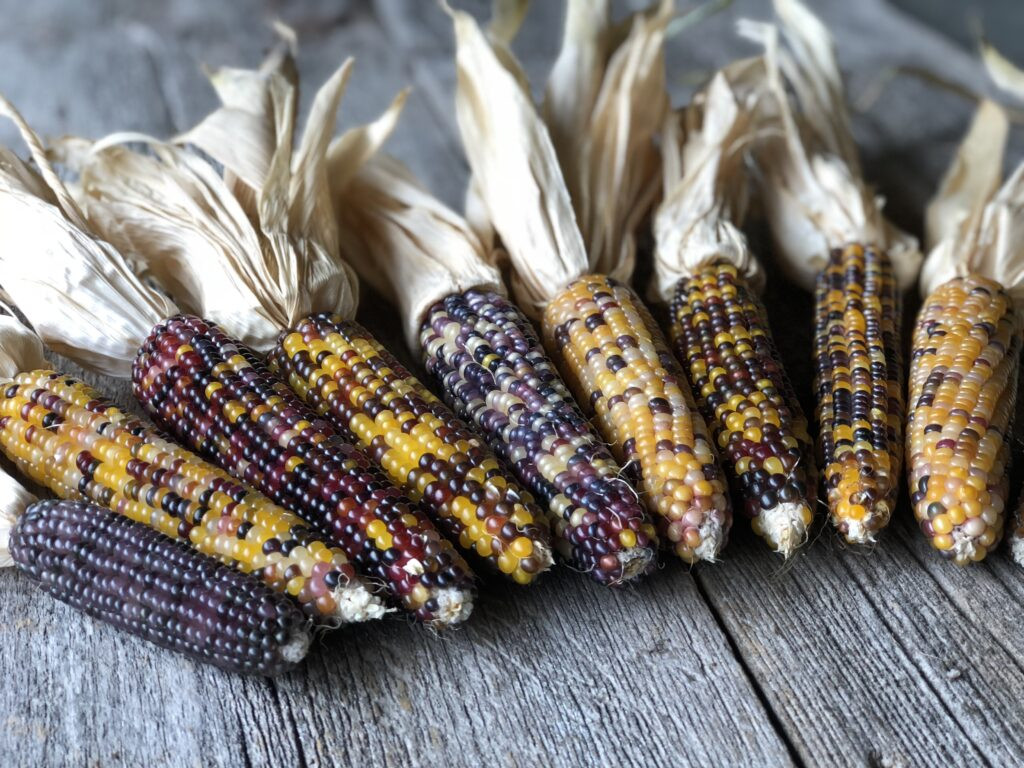 Storing popcorn kernels properly in airtight containers
Storing popcorn kernels properly in airtight containers
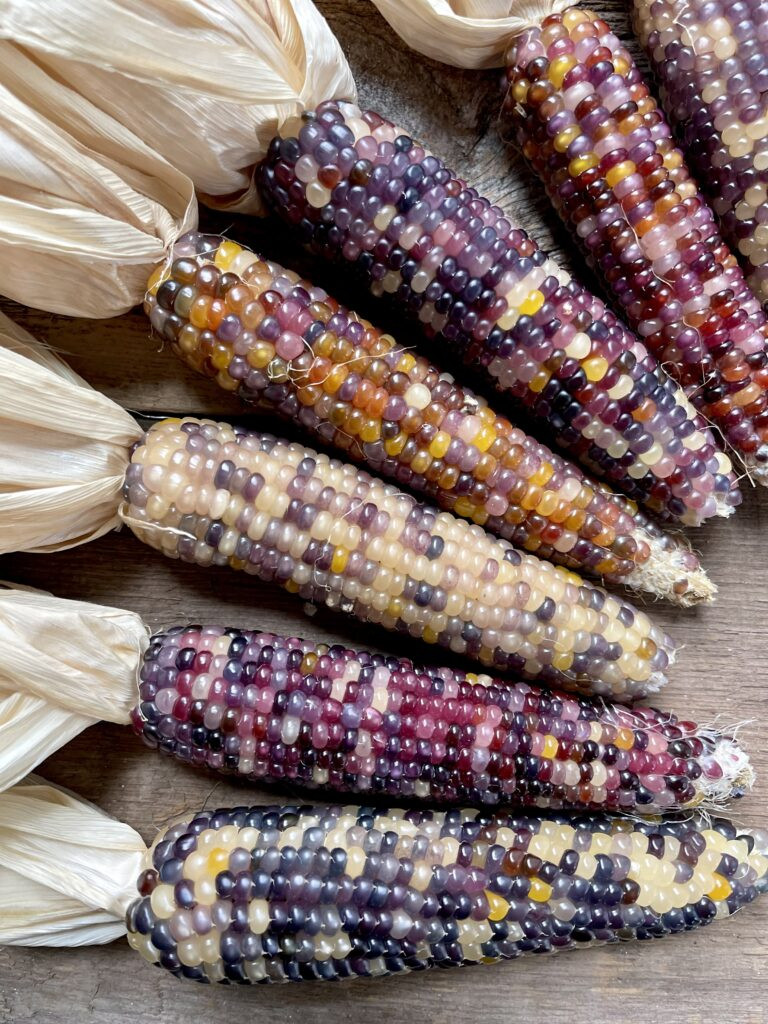 Properly spacing popcorn plants for optimal growth
Properly spacing popcorn plants for optimal growth
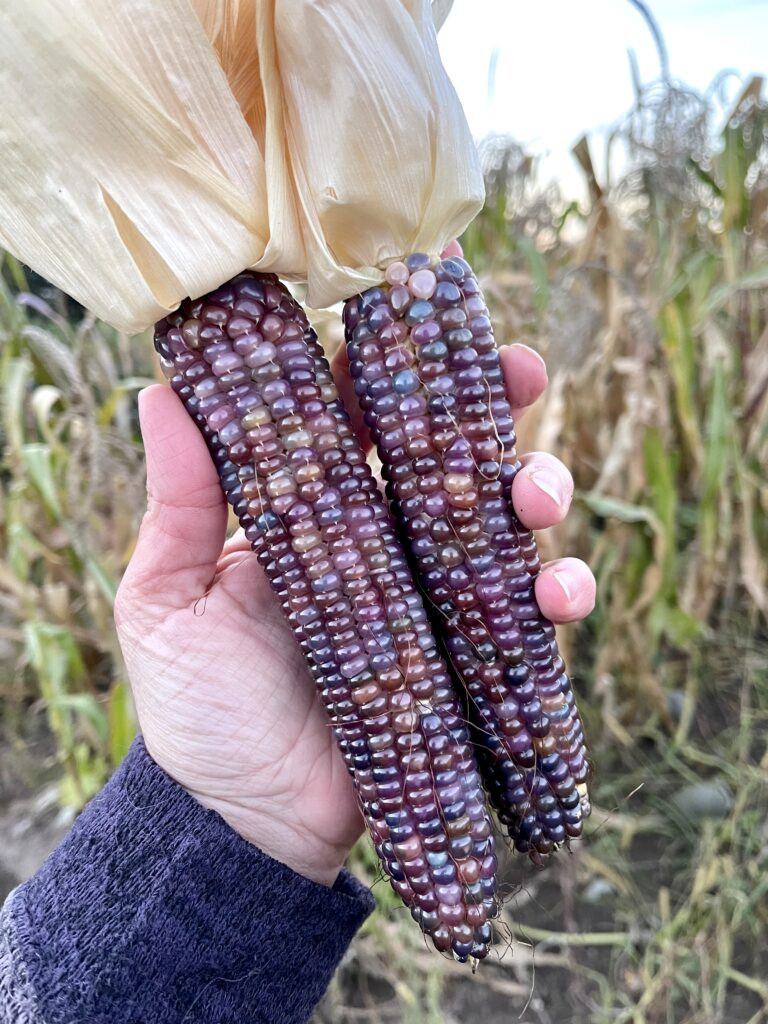 Ensuring popcorn kernels fully dry on the plant before harvesting
Ensuring popcorn kernels fully dry on the plant before harvesting
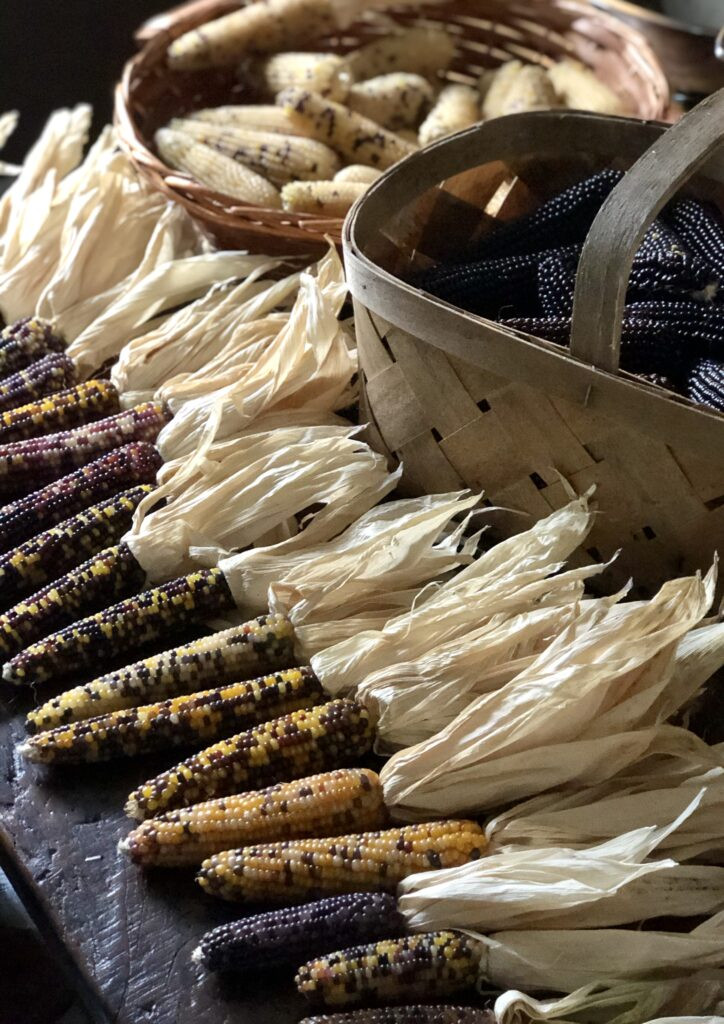 Drying homegrown popcorn after harvesting to ensure ideal moisture content
Drying homegrown popcorn after harvesting to ensure ideal moisture content
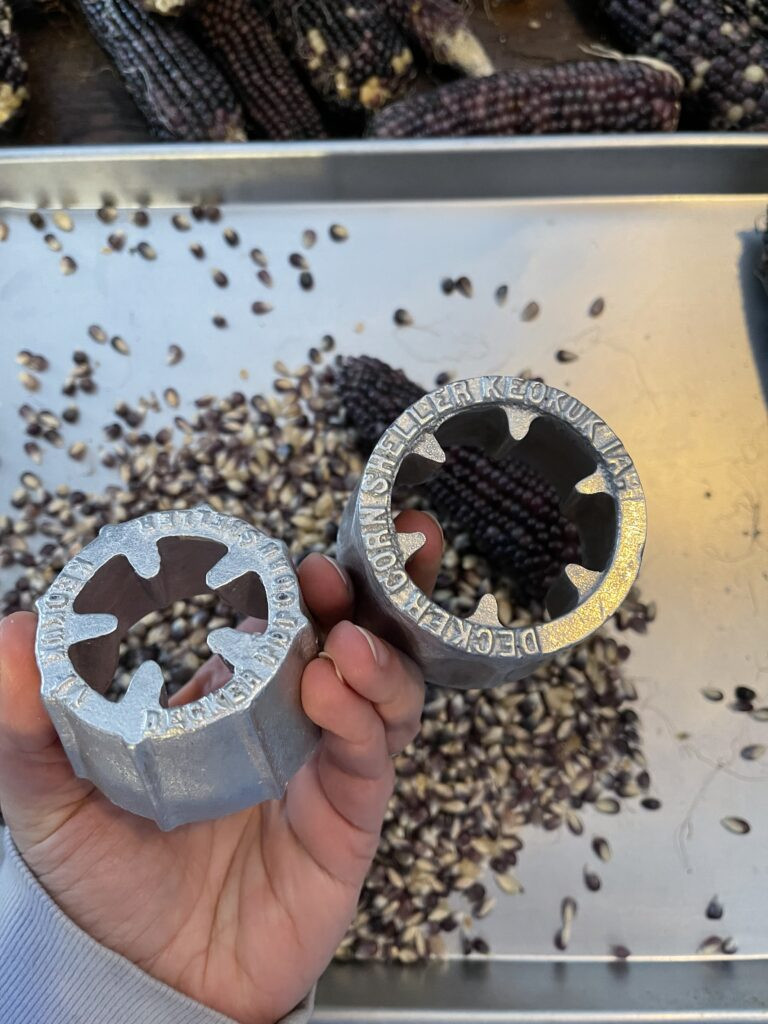 Using a corn sheller to remove kernels efficiently
Using a corn sheller to remove kernels efficiently
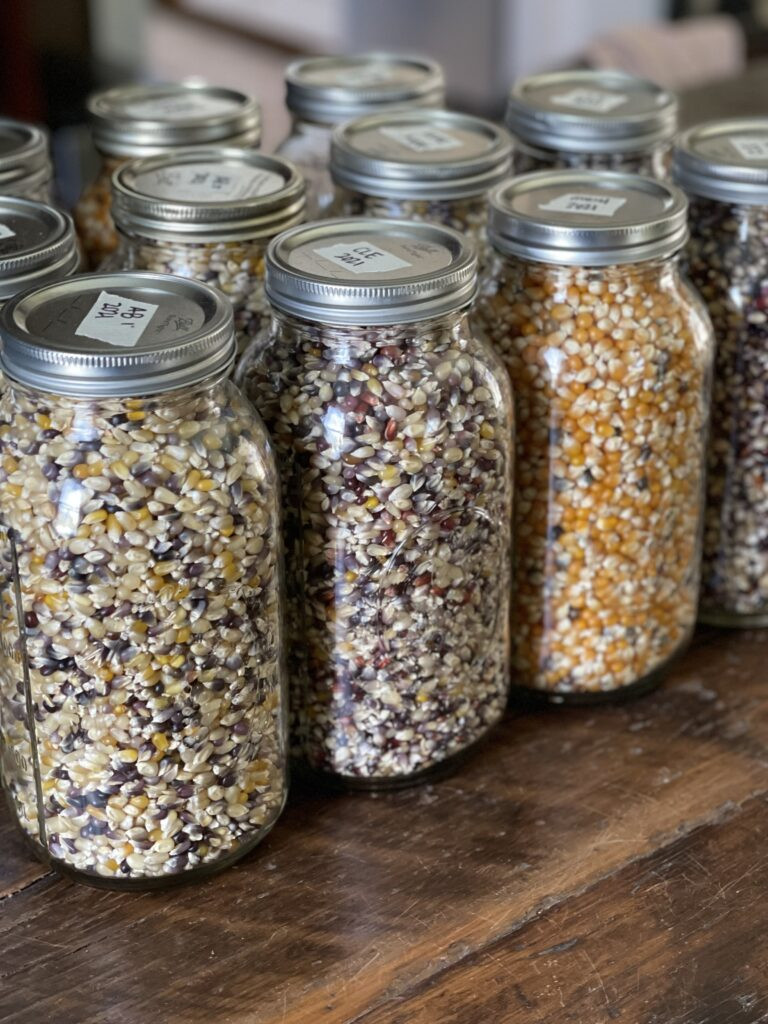 Storing homegrown popcorn in glass jars to maintain moisture levels
Storing homegrown popcorn in glass jars to maintain moisture levels
